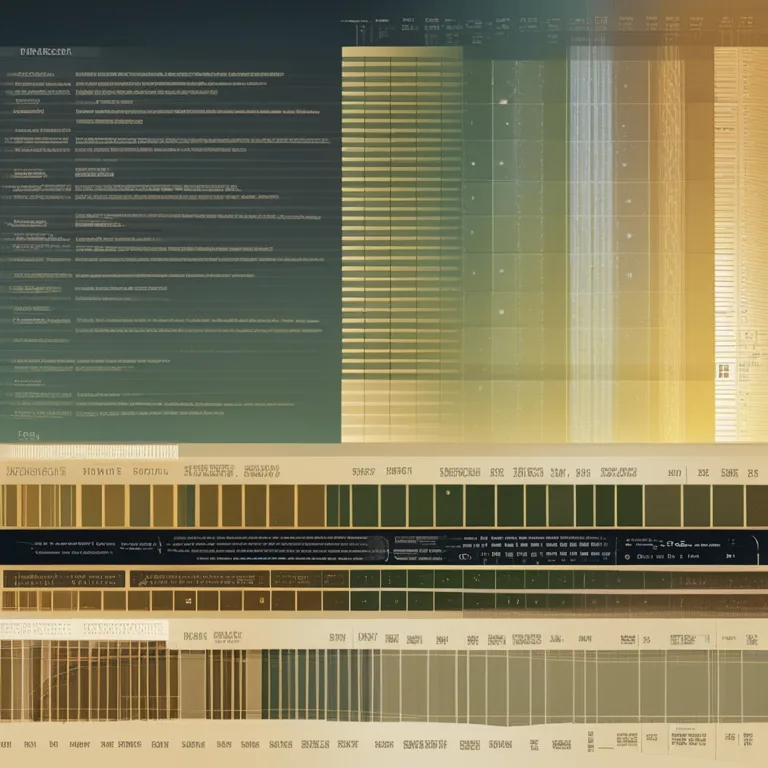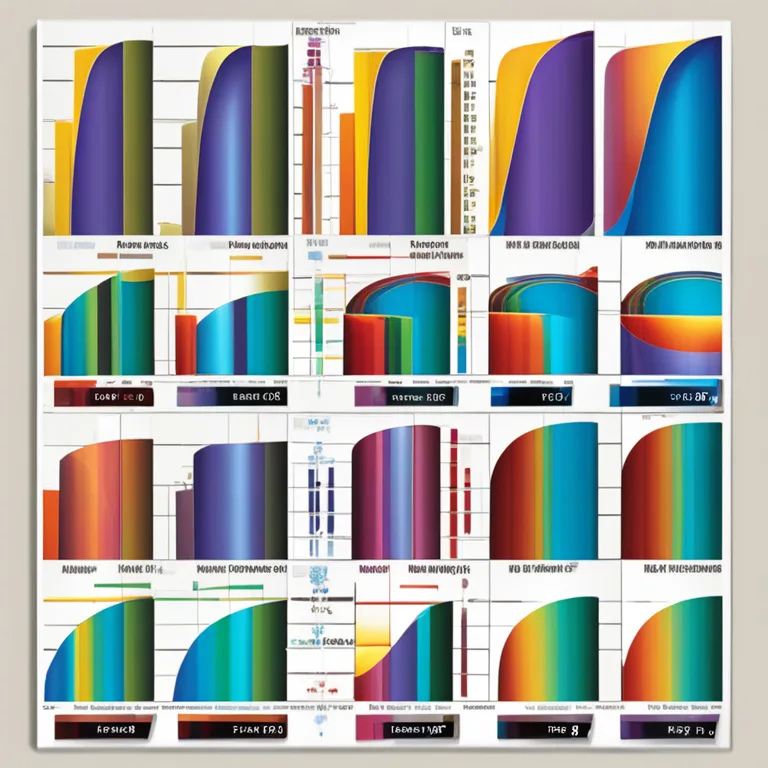
The Rhythms of Life: An Overview of Biorhythm Theory
Delve into the essence of biorhythm theory, a fascinating concept that proposes our life is governed by innate cycles influencing our physical, emotional, and intellectual states.
article by Adrian Wallace
Basics of Biorhythm Theory
Biorhythm theory is a pseudoscientific concept suggesting that our daily lives are significantly affected by rhythmic biological cycles. It posits that from the moment of birth, three main cycles—physical, emotional, and intellectual—affect our capabilities and behavior. The physical cycle, with a span of 23 days, influences our strength, health, and endurance. The emotional cycle lasts for 28 days, affecting mood, creativity, and sensitivity. Lastly, the intellectual cycle, repeating every 33 days, governs logic, analytical functions, and memory. Understanding these patterns is believed to help individuals anticipate periods of heightened abilities or potential challenges.

The Origin and Evolution
The concept of biorhythms dates back to the 19th century but gained popularity in the late 20th century. The theory was first posited by Wilhelm Fliess, a contemporary of Sigmund Freud, who was fascinated by the periodicity in humans. Later, a scientist named Hermann Swoboda independently conducted research that supported Fliess's ideas. Over time, the theory has evolved and expanded through the contribution of various researchers. Although it lacks empirical support and is considered a pseudoscience by the scientific community, its principles continue to intrigue and inform those interested in alternative wellness and self-help methodologies.

Calculating Biorhythms
Biorhythm calculations are straightforward: they count the number of days since an individual's birth and then apply sin waves to determine the high, low, and critical phases of each cycle. Numerous online calculators and software programs are available that claim to chart one's biorhythms with precision, offering personalized daily, weekly, or monthly reports. While the accuracy of these predictions is debatable, enthusiasts embrace them as a tool for planning and awareness.

Biorhythms and Daily Life
Adherents to biorhythm theory believe that by understanding and tracking these cycles, individuals can better prepare for the ups and downs in their physical, emotional, and intellectual abilities. For instance, one might avoid making critical decisions on days with unfavorable intellectual cycles or engage in strenuous activities when the physical cycle is at its peak. While scientific evidence does not support these practices, they remain popular and provide comfort and guidance to many.

Scientific Scrutiny
The scientific community maintains a skeptical view of biorhythm theory, citing a lack of empirical evidence and failure to pass rigorous scientific testing. Critics argue that the theory is too simplistic and does not account for the complexity of human biology and behavior. Moreover, studies have not found consistent correlations between the cycles and events in people's lives, leading to a general dismissal of the concept within mainstream science.
Biorhythms in the Digital Age
Despite scientific skepticism, biorhythm theory has found a new lease on life in the digital age. Apps and online services that demonstrate personal biorhythms are on the rise, merging the ancient principle with modern technology. While the scientific community may not endorse these tools, they speak to a perennial human fascination with patterns and predictions, and a desire to find harmony within the natural rhythms of the universe.
Published: 12/28/2023
Modified: 12/28/2023
More predictions
Come back here soon to learn more about yourself and your future


Biorhythm Compatibility & Birthdays
Discover the intriguing connection between your birthday biorhythms and relationship harmony in our insightful article.


Biorhythm Wheel: Unlocking The Secrets
Explore the intriguing world of the biorhythm wheel to understand your physical, emotional, and intellectual cycles for enhanced well-being.


Biorhythm Theory: Fact Or Fallacy?
Explore the fascinating concept of biorhythms to discern if there's any scientific accuracy behind this popular belief.